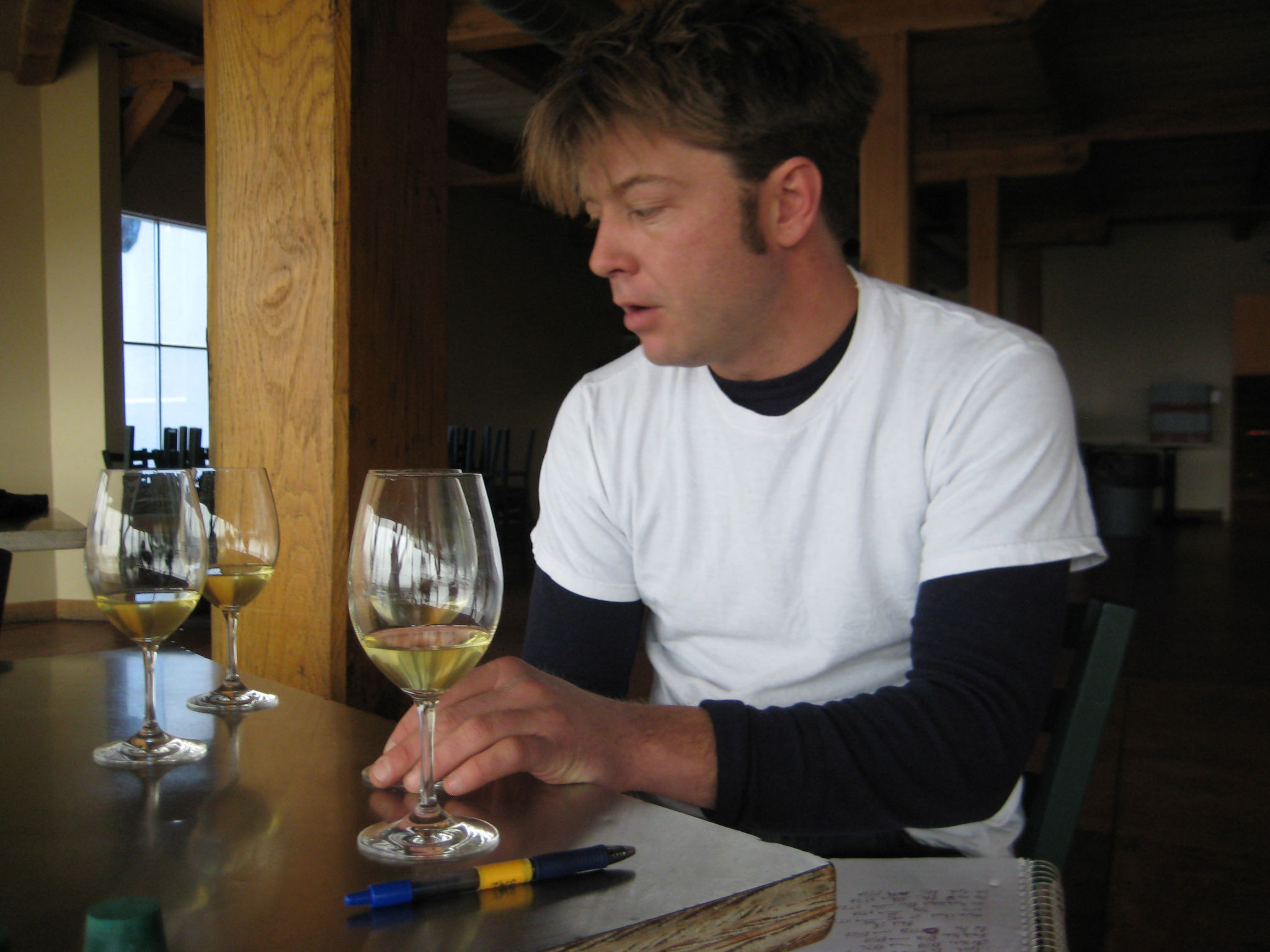Dry Rosé – A Midwest Wine Industry Game Changer?
In the Midwest it’s sweeter wine that pays the winery bills. Unlike the east and west coasts, a clear majority of tasting room customers in our part of the world prefer to drink the sweet stuff. They have good reason to – our region makes some great sweet wines. However, wine experts have noticed that that could be starting to change. Dry rosé could be emerging as a game changer – a crossover wine that’s converting grape lovers who traditionally drink sweet, to drier styles of wine.
In the April edition of Feast Magazine, Kansas City based wine expert Doug Frost says: ‘What’s been rather curious, frankly, to me, is that so called traditional White Zin[fandel] drinkers have been completely comfortable switching to drier styles of rosé wines.”

Danny Wood, a leading Midwest wine writer who lives in Kansas City, wrote a story in the most recent Feast Magazine explaining how Missouri wineries are using hybrid grapes to make popular Rose wines.
‘What people are really looking for now,” adds Frost, ‘are the fruit aromas and fruit character, rather than the sweetness that so often used to stand in for that.”
In the Feast article, Jamie Jamison, a wine consultant on the judging committee of two of Missouri’s major wine competitions, the Governor’s Cup and the Jefferson Cup, agrees with Frost’s observation. He believes it can apply to Midwest drinkers of sweet Riesling styles and Moscato wines.
‘You start off comfortable with sweet, and then you realize that your comfort is in the really luscious fruit flavors that give the mind the association with sweet, but not necessarily the sweetness on the actual palate,” Jamison says.
Frost expects more Midwest wineries to start offering drier styles of rosé.
To read the full article by longtime Midwest Wine Press contributor Danny Wood please see, “Everything’s Coming Up Rosés” at the Feast Magazine (St. Louis) website




I think many northern wineries would have a great challenge to produce a palatable, truly “dry” rose’. Most of the hardy wine varieties ripen their fruit at quite high T.A. values, so a totally dry wine would be unpleasantly tart. Some adjustments to TA can be made by adding bicarbonates, but they react preferentially with tartaric acid. Since hardy hybrids often have a very unbalanced acid ratio(lots of malic acid, little tartaric acid), chemical adjustments to acidity can be problematic. Until lower-acid varieties have been developed, most northern rose’ wines will of necessity have to be bottled with residual sugar to balance the acidity.